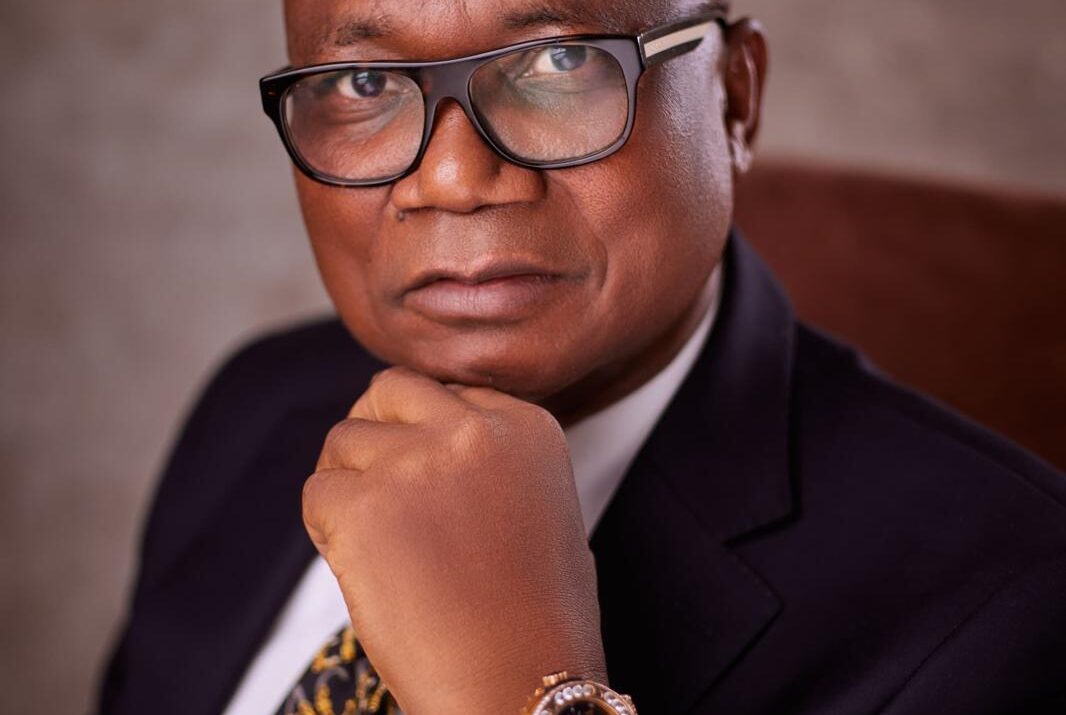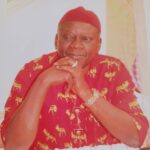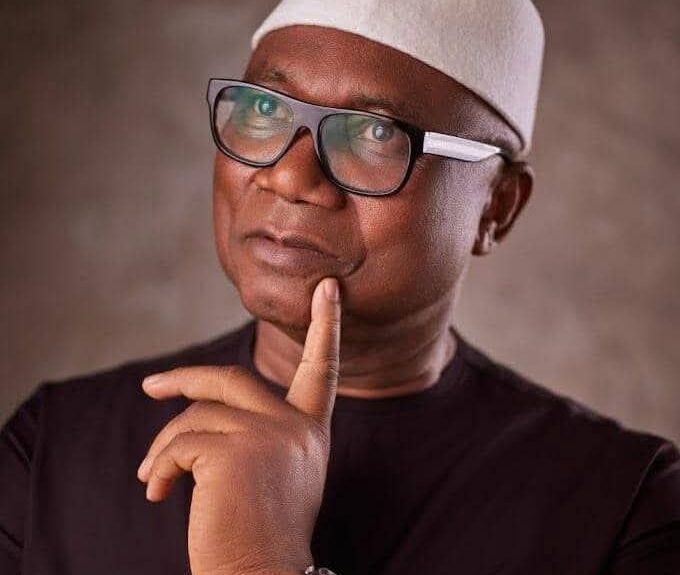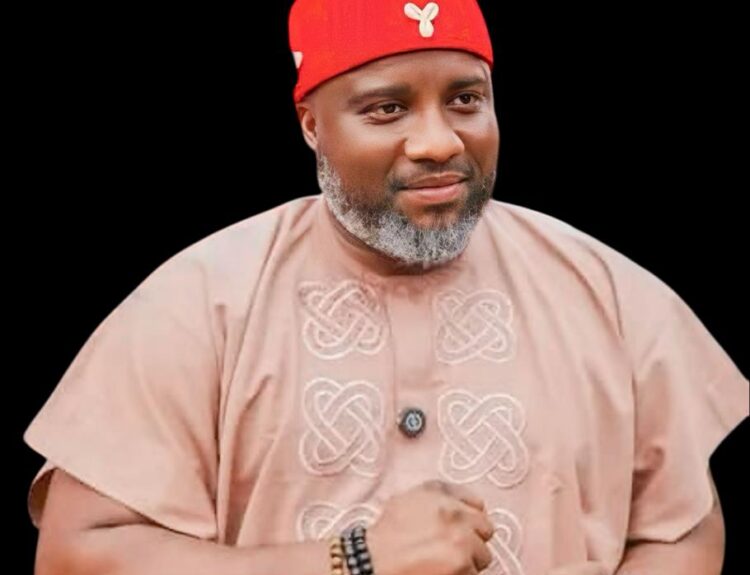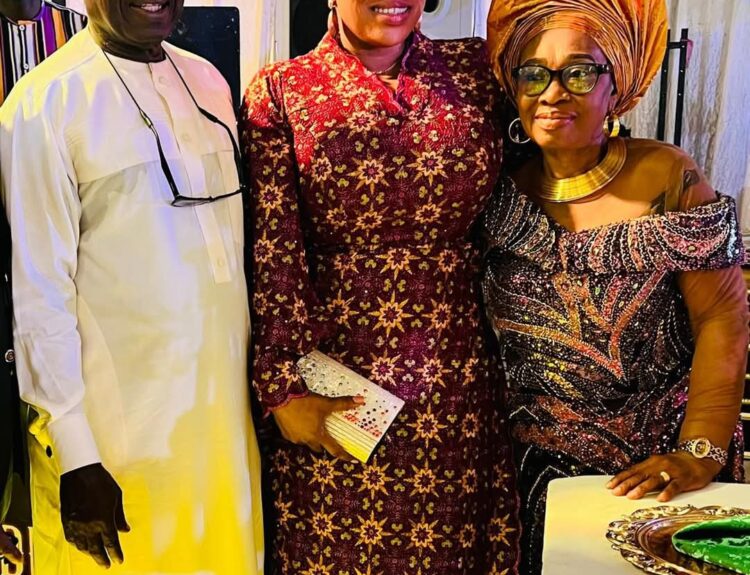By PROTUS UZORMA
This article is a continuation of the previous ones in relation to the highly trumpeted equity charter in Imo politics. The argument has been, is it the turn of Okigwe zone or that of Owerri? Should Orlu zone continue to rule amidst inequitable distribution of power and resources in our dear state, Imo? As one imbued with conscience, yes, the true harbinger of Truth and natural justice; it’s very expedient to objectively say things the way they are.
Based on my previous analysis on causes and outcomes of destabilizing the equity charter in the State, there is need for a mandatory rotatory governorship in Imo State, and possibly let such be passed as a bill into law. However, to realize this proposal of a rotatory governorship, certain structures have to be put to place. The three senatorial zones need to harmonize their human resources, interests (that have been individualized) as well as other factors as godfatherism, revenge, etc., and thus share them among the dominating political parties in the State, which candidatures would be worthwhile personalities that can deliver when given mandate.
Once this is done, the first step towards ensuring a rotatory governorship is set for 2027. What remains is what Rev Fr (Prof) Jude Uwalaka calls “the necessity for a new covenant for mutual existence which would be an outcome of a formal national dialogue of all ethnic nationalities”. This could be conventionalized or ‘relativtized’ to Imo as a State.
A new charter, a new agreement or a new political covenant has to be drawn and finalized for non-distortable equitable power-sharing and shifts, with its harmonious mutuality kept aside), in a gathering like a Summit but in a wider range of invitation where people of various class will come and discuss the way forward. In this sense, on a wider range that would include all registered political parties, elites and stakeholders of the State, all politicians across the State for a State’s political-dialogue of all the three Senatorial Zones, Federal Constituencies, Local Government Areas and Ward Leaders.
Like Jude Uwalaka that suggests a political platform that co-operates with neighbouring political units (for the Igbos to get to a rotatory presidency), this Igbo political platform demands that the component parts, groups and peoples having claims of Imoliteness will have to spell out the basic socio-economic and political structures, rights and policies necessary to establish a new Imo State that meets up with the demands or democratic inclusivism and equity in power-sharing and shifts.
While mandating this rotation, it further necessitates that the component Federal Constituencies, Local Government Areas and Wards rotate this rotation in a manner that gives belongingness to others. It further necessitates that other elective and appointive political positions be spread across the remnant component parts. This is the sense of true federalism. If this charter of equity is not ensured, in a Ward, in a Local Government, in a Federal Constituency, in a Senatorial Zone, a particular group of majority set-up or upper hand framework will perpetuate domination of power and Commongood to the detriment, nay, to the deficiency of others- To be Aristotelian in perspective.
More so, factionalism within the privileged class could be adduced as a factor for the disruption of the equity charter in the State. Okwudiba Nnoli (in his Ethnic Politics in Nigeria) noted that factionalism within the privileged class (in every society, political party or association) contributes to the politicization of ethnicity, and in Imo case, of zones and class, which result to inequitable power shifts and sharing.
Many political parties today were born out of factionalism amongst the privileged class. Many intrigues and manoeuvrings that resulted in the distortion of the equity charter in 2003 and 2011, 2015, 2019 and 2023 were all from this privileged class. The emergence of most apex political office holders (appointive and elective) often to the shattering of already reached rotatory charters, were from the privileged class.
One of the perfect examples of this claim is the emergence of Chief Ikedi Ohakim in 2007 as the Imo State Governor. Fresh in our memories are the PDP clashes of the Titans, which resulted to Senator Ifeanyi Ararume bearing the ticket and Engr Charles Ugwu holding the flag; none of whom finally made it.
This crisis during the last moment of Chief Udenwa’ regime was at the root of factionalism in the ruling party in Imo State then: Agenda and Onongaono, then the emergence of ACN (especially the Alliance for Good Governance facet) as a strong political party in the State after PDP and APGA, and later PPA ascended to the stool of leadership in the State because of the clash, and without any of the three strongest political parties making it. These clashes of the Titans and factions amongst the privileged class in PDP, not only generated ACN’s emergence but made Imo then a none PDP-led State; echoes of which still linger today.
In the regime of Chief Rochas Okorocha, APGA also entered into deep factions within the privileged class and certain clashes of the Titans was at the neck of dragging the party’s political swiftly mobile feat to the mire. But one common feature in the depth of power possession, power sifts and sharing in the State, is the very idea of the always distorted equity charter.
Each time the ruling party is in power, it always tries to envision the equity charter, believing continuity of their political party in the steering of the State affairs, and by the time inter-party clashes or inter-senatorial zones rivalry occur among the privileged class, or even when a strong godfather-monster rises in furry and determination to achieve a private end, the party not only looses the State’s headship but destroys the equity charter already formed and Imo goes back to zero status again.
Thus, for 28 years of Democracy (1999-2024), Imo State has been ruled by PDP (1999-2007), PPA (2007-2009), PDP (2009-2011), APGA (2011-2015), APC (2015-2019), PDP (only seven months in 2019), APC (2019-2027) . In each distortion, the equity charter suffers, mostly as it was a PDP’s envisioned model of ruling and interchanging the baton of leadership (with APC) from one senatorial zone to the other in Imo State and Nigeria.
In this decision, the PDP-led Government of Chief Udenwa justifiably turned the charter of 4 years rotation (in the spirit of 2nd tenure that reigned in his time) to 8 years before it became Okigwe’s turn and which he ensured. Yet, the Orlu zone that distorted this charter in 2003 and 2011, can still correct it by either giving the turn to an Owerri zone and then it becomes Okigwe 4 years, Orlu 4 years and Owerri 4 years or allowing an Okigwe man to complete their 4 remaining years, then Owerri zone takes over for 8 years.
According to Jude Uwalaka, “many times we propel upstarts and men of questionable character to leadership positions whose qualification is simply because they have made quick money somewhere and by whatever means”. This calibre of men distorts the equity charter. When for instance, it is Owerri zone’s turn to produce the Governor and in Mbaitoli LGA, there is a politician of extra-ordinary quality who is a member of one of the prominent political parties, and for reasons of sentiments and politicized clanism, he is dropped while another man from Mbaise, Ngor Okpala or Owerri replaces him, the latter of lesser quality and perhaps of a questionable character that poses disaffection from the masses-electorate. How would PDP, APGA or ADC, etc, (notwithstanding the party in power) think and believe that the equity charter would stand, if the opposition party brings up a worthwhile gubernatorial candidate from a senatorial zone which turn it is not yet?
It is of reasons similar to these that made Alexander Crummel envision the rightful type of leaders who should be projected as flag and ticket bearers in elective positions in the State. For the zoning pact or equity charter to survive and besides the necessities adduced as conditio sine qua non, the zone which turn it is and the political parties in it and in the State as a whole, should front “men of force and energy; men who will not suffer themselves to be out-rivalled in enterprise and rigour, men who are prepared for pains and want, and suffering; men of invincible courage that the spirit cannot be tamed by transient failures, incidental misadventure, or even glaring miscalculations; men who can exaggerate the feeblest resources into potent agencies and fruitful capital. Moreover, these men are to have strong moral proclivities, equal to the deep penetration and the unyielding tenacity of their minds. No greater curse could be entailed… than the sudden appearance… of a mighty host of heartless buccaneers…filled with feverish greed. With hearts alien, from moral good and human well being….”
Politics is a game of numbers, of intrigues, of manipulations and manoeuvrings, of outfoxing the other by surprises. It is highly unstable, with no permanent friend, no permanent enemy but with constant interests, ambitions to be, to have, to posses, to dominate and dominion over others. “It is a game of wits, of strategy and counter strategy. This means that a lot of secrecy is of the essence for success”.
Power in Imo State has got a different conception, far-fetched from what the founding fathers had in mind. Political elitism, godfatherism and clannish or ethnic centeredness have flawed the equity charter in the State. Prof Chinua Achebe saw this attitude as a seminal absence of intellectual rigour in the political thought of our founding fathers- a tendency to pious materialistic wooliness and self-centred pedestrianism. The Imo charter of equity will have to reckon with consistency in pacts and fairness, with the Igbo notion of Onye tabiri, onyetu nwanne ya. For the equity charter to be realistic, constant and vital in Imo State, it has to live as a vital conscious element in the minds of every Imolite.


